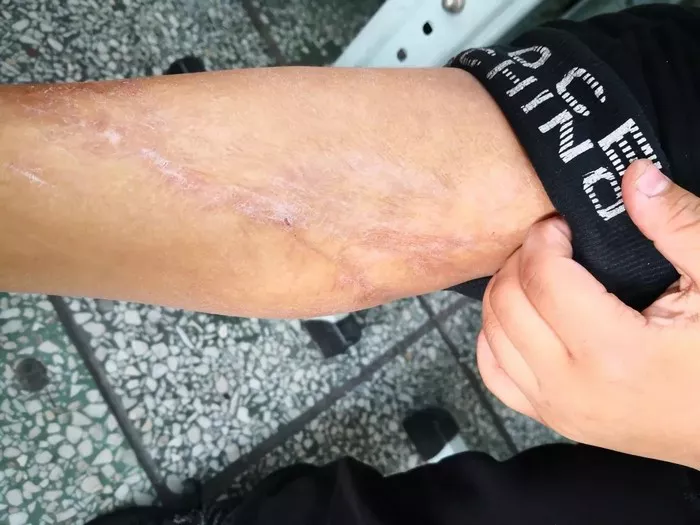Recent proposed changes to the mental health law have raised concerns that they could potentially put autistic people in a vulnerable position.
The government’s draft mental health bill includes measures stating that autistic people and those with learning difficulties cannot be detained under the act unless they also have a diagnosed mental health condition or are being assessed for one. While this aims to prevent the unfair detention of autistic people, disabled activist Alexis Quinn warns that without improved community support, the changes could lead to unintended consequences. For example, an autistic person having a meltdown due to improper treatment in the hospital during assessment might end up in prison, which is more life – limiting.
Moreover, although the reforms mention switching the detention location of autistic people from police cells and prison cells to healthcare facilities, there is evidence that these facilities also pose risks to the welfare, health, and even lives of autistic people. In addition, the effectiveness of the proposed statutory care and treatment plans is in question, as the current system already has relevant provisions that have not been effectively implemented, resulting in a gap between policy and practice.
In conclusion, if the mental health law reforms do not address the issue of improving community support and bridging the gap between policy and practice, autistic people may face greater risks such as criminalization, homelessness, and reduced access to care.
Related topics:





























